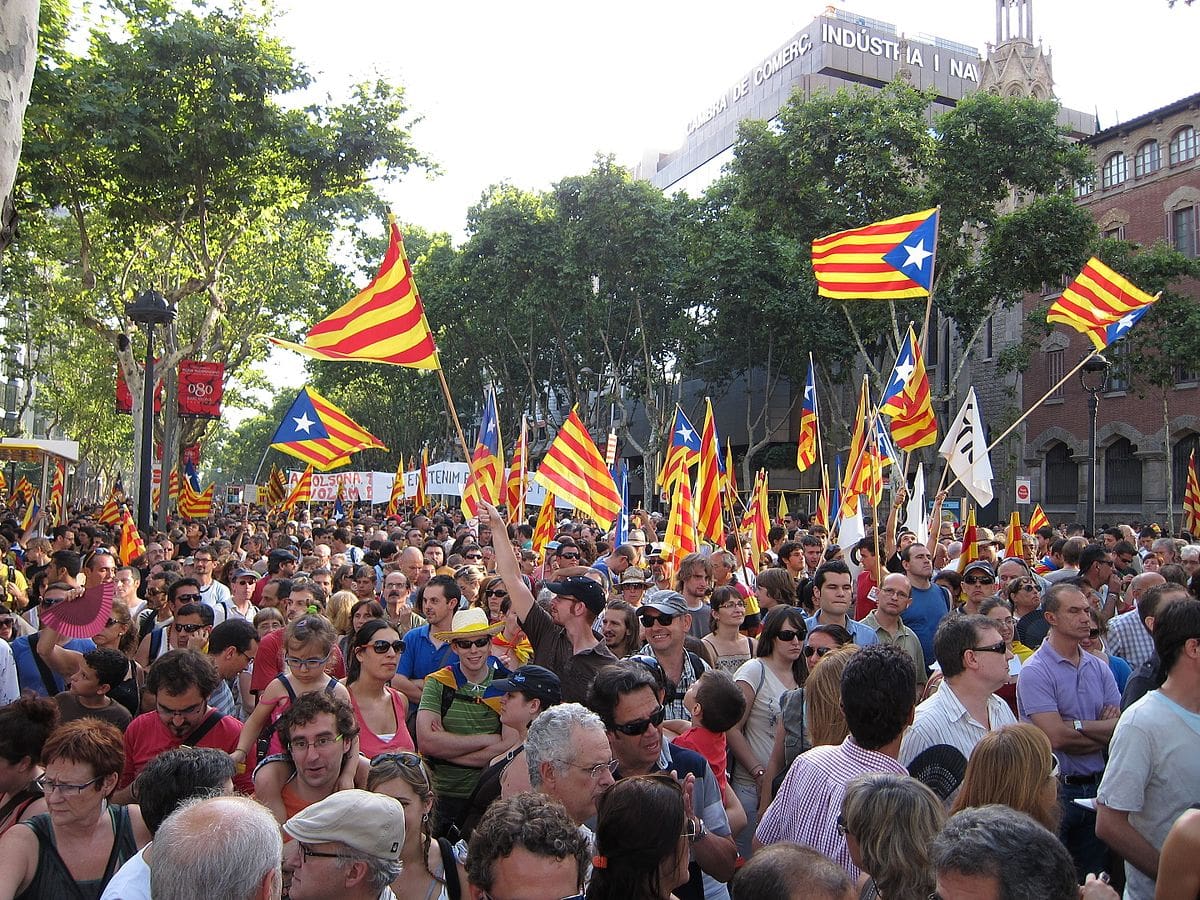Spanish MPs on Thursday 14 March approved an amnesty law for Catalan Independentistas with their figurehead Carles Puigdemont already mulling his return after years of self-imposed exile to avoid prosecution over the 2017 independence bid.
Catalan Independentistas: an amnesty allowed
Lower house lawmakers voted 178 in favour to 172 against with the bill seeking to draw a line under years of efforts to prosecute those involved in the Catalonia independence bid that triggered Spain’s worst political crisis in decades.
Passing the amnesty is a key moment for prime minister Pedro Sanchez as it was a demand made by pro-independence parties in exchange for their parliamentary support to allow him to serve a new term in office.
It comes six weeks after an earlier version of the bill was voted down by lawmakers.
The text will now be put to the Senate, which is controlled by the right-wing opposition Popular Party (PP) that is resolutely opposed to the measure and has vowed to do everything possible to delay its passage before returning it to the Congress lower house for final approval.
Drafted by ruling Socialists and two Catalan independence parties, the text is the most controversial piece of legislation parliament has voted on since Sanchez came to power in 2018, even dividing his own electorate.
Justice Minister Felix Bolanos said the amnesty law would affect “around 400 people”.
Puigdemont eyes June homecoming
Talking to reporters in the European Parliament, where he is a lawmaker, a cheerful-looking Puigdemont expressed hope that the law would be in force “by the end of May”, saying late on Wednesday 13 March that he hoped to return to Spain in the weeks that followed the final passage of the bill into law.
As Catalan leader at the time, he led the 2017 independence bid, fleeing to Brussels to avoid prosecution – while nine of his fellow Independentistas who stayed in Spain were tried and jailed.
Three years ago, the government pardoned them.
In the run-up to July’s general election, Sanchez had said he was against any offer of amnesty, but electoral calculations forced a change in his approach after the vote resulted in a hung parliament.
In order to secure a new term in office, Sanchez was forced to seek the support of the two independence parties, Puigdemont’s JxCat and its rival ERC.
In exchange, JxCat demanded the amnesty law.
ERC leader Oriol Junqueras, who was one of those jailed and then subsequently pardoned, expressed satisfaction with the outcome of the vote. He said:
We have always wanted justice to prevail as soon as possible and for me it will be a pleasure to meet again with all our comrades in exile.
Additional reporting via Agence France-Presse
Featured image via Wikimedia




